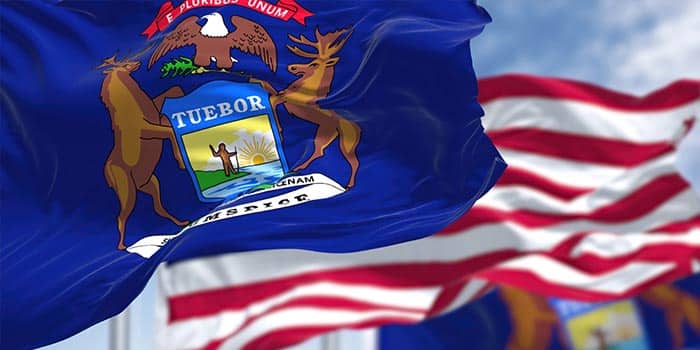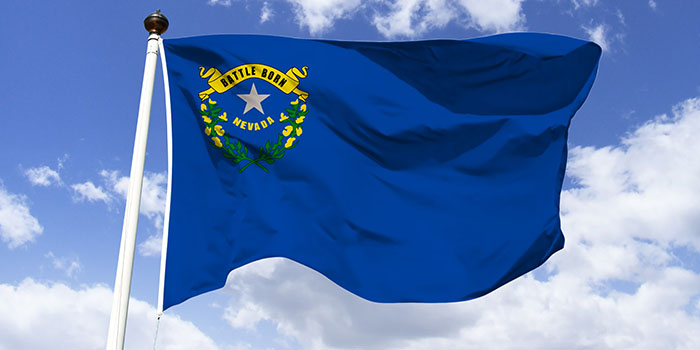Fact-checked by Stoyan Todorov
DraftKings’ Revenues Soar, Underpinned by the Jackpocket Acquisition
DraftKings’ chief financial officer, Alan Ellingson, said that the company retains a healthy balance sheet

American sports betting powerhouse DraftKings has announced its Q1 2025 financial results, highlighting an increase in revenue. The company also revised its adjusted EBITDA forecasts from the previous guidance.
In the meantime, DraftKings executives remain bullish on prediction markets.
The Company’s Revenues Increased, in Part Thanks to Jackpocket
In its Q1 report, DraftKings outlined revenue of $1.4 billion, marking an increase of $234 million/20% from the prior-year period. For comparison, DraftKings posted $1.2 billion in revenue for Q1 2024. The company attributed this growth to its continued success in engaging existing customers and attracting new ones.
The operator also mentioned the recent acquisition of the lottery courier app Jackpocket as another major contributor, despite certain regulatory setbacks in some states. The company also added that its earnings were partially offset by customer-friendly sports betting outcomes.
In the meantime, the number of monthly unique players (MUPs) increased to 4.3 million, up 28% year-on-year. Excluding the impact of the Jackpocket acquisition, MUPs increased by 11% year-on-year.
In the meantime, the average revenue per MUP stood at $108, marking a decrease of 5% due to lower spending by Jackpocket customers. Excluding the impact of Jackpocket, the revenue per MUP increased by 7%. YOY.
DraftKings Lowered Its Guidance Slightly
DraftKings used the opportunity to update its guidance, slightly lowering its revenue and EBITDA expectations. Whereas the operator previously expected $6.3 billion to $6.6 billion in revenue and adjusted EBITDA of $900 million to $1 billion, it now expects revenue of $6.2 billion to $6.4 billion and adjusted EBITDA of $800 million to $900 million.
DraftKings clarified that this guidance includes all of its existing jurisdictions but does not include the potential impact of mobile sports betting launching in Missouri where DraftKings is preparing to launch.
For context, DraftKings’ products are currently available in 25 states and Washington DC, allowing it to reach approximately half of all US adults. The company also operates online casino gaming in 5 states, reaching 11% of US adults.
DraftKings is also available in Ontario, where it offers both online gaming and sports betting.
The Company Leaders Attributed the Lower Guidance to the Customer-Friendly Results
DraftKings’ chief executive officer and co-founder, Jason Robins, commented on the performance, praising the strong performance through the evolving macroeconomic environment. He noted that if not for customer-friendly sports betting outcomes, DraftKings would have raised its FY 2025 revenue and EBITDA guidance.
DraftKings’ chief financial officer, Alan Ellingson, added that the company retains a healthy balance sheet. He added that it has repurchased 3.7 million shares of its own stock in the first quarter of 2025 alone.
DraftKings Executives Weigh in on Prediction Markets
In the company’s Q1 earnings call, DraftKings officials also addressed the continued growth of prediction markets. While still somewhat controversial, these novel products have taken the market by storm, allowing customers to bet on the outcomes of major events, such as sports, political elections or even the Papal election.
CEO Robins commented on prediction markets, admitting that the sector is still in its early stage. Despite that, he remained bullish on the vertical, saying that it is happening whether people like it or not.
Prediction markets remain embroiled in some controversy amid pressures from the regulated gaming sector.

















